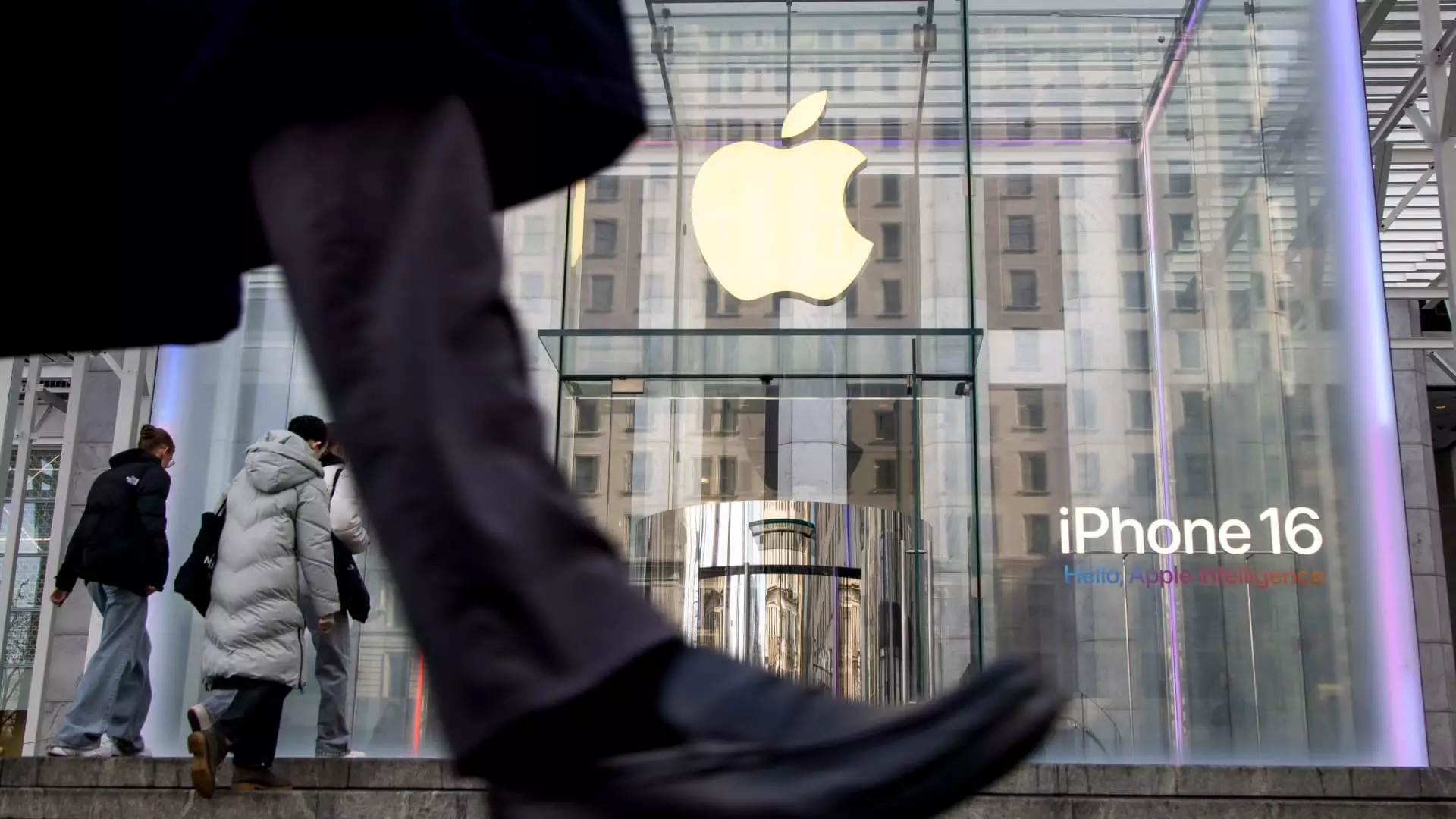In today’s rapidly shifting economic landscape, a staggering 85% of Americans are expressing concerns regarding the looming impacts of tariffs on their daily lives. This overwhelming sentiment has emerged from a recent survey by NerdWallet, which indicates that many citizens are bracing for higher prices and the potential fallout from a protracted trade war. As inflation begins to gnaw at the average American’s purchasing power, these tariffs stand to intensify the already present financial strain on households.
Tariffs, often viewed as a tool for protecting domestic markets, have far-reaching implications that extend well beyond the confines of international trade relations. Confusion reigns as individuals grapple with the realization that these new policies could lead to a staggering annual cost of approximately $3,800 per household, as estimated by the Budget Lab at Yale University. This eye-popping figure heightens fears of further economic recession and exacerbates anxieties about the future, compelling consumers to prioritize financial caution over spending.
Consumer Confidence on Shaky Ground
The apprehension surrounding tariffs is compounded by a marked decline in consumer confidence, evidenced by the University of Michigan’s consumer survey, which recorded a shocking 30% drop in sentiment since December. With consumer confidence already fragile prior to these tariffs, the latest readings show a devastating 11% decline from the previous month. These shifts reveal an alarming trend: as the cost of living rises, faith in the economy’s stability continues to erode.
The apprehension is palpable, as Kimberly Palmer, a personal finance expert at NerdWallet, affirms that many Americans are altering their spending strategies out of concern for their financial futures. A significant 45% of respondents are looking to cut back on non-essential purchases, while 33% intend to reduce spending on necessities. This behavior underscores a broader shift towards an inclination to save, as individuals scramble to build emergency funds in anticipation of a precarious economic environment.
Facing Tough Choices
The financial strain induced by tariffs forces consumers into a position where they must make tough decisions regarding their priorities. Stephen Kates, a certified financial planner, highlights the precarious balancing act of allocating resources towards saving, investing, and debt management. This recalibrating of priorities places emergency savings at the forefront—a particularly critical strategy for anyone lacking a financial cushion.
Individuals are cautioned to aim for at least one month’s worth of essential expenses in savings, with the ideal target stretching to three to six months. Such preparedness can mitigate the financial repercussions of unexpected job loss or income reduction, shielding individuals from the vicious cycle of accumulating more debt. Yet, Kates also suggests that prioritizing emergency savings does not exclude the importance of tackling existing debt. Implementing strategies like the “debt avalanche,” which focuses on targeting high-interest debts first, can free up critical funds and offer immediate relief to stretched budgets.
Investing in the Future Amid Uncertainty
When contemplating retirement savings, Kates advises individuals to balance their immediate financial imperatives with long-term goals. Participating in employer-matching retirement plans can maximize savings opportunities, even as individuals confront rising prices and diminished purchasing power. The nuances of making sound financial decisions amid an uncertain economy are stark; the war on tariffs not only threatens the economic fabric of the nation but also elevates the financial anxiety of the everyday consumer.
On the one hand, government policies should safeguard consumers against external market forces by curbing unnecessary price hikes. On the other hand, tariffs can hurt the very citizens they are meant to protect, emphasizing the delicate dance policymakers must navigate. It begs the question: are tariffs truly beneficial in the long run, or are they merely short-term solutions that bear detrimental effects on the fabric of our households and economy? As the drumbeats of economic apprehension grow louder, it is essential for consumers and policymakers alike to heed these concerns and chart a more sustainable course forward.

